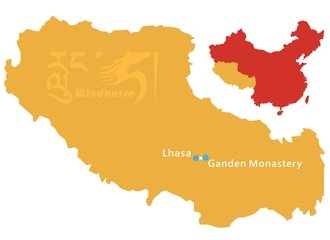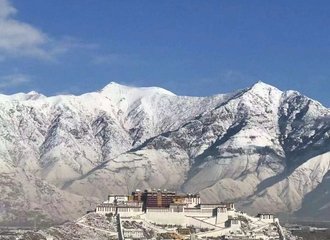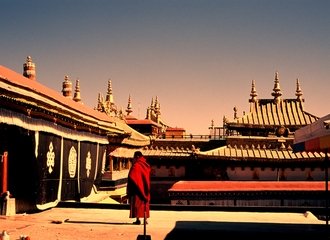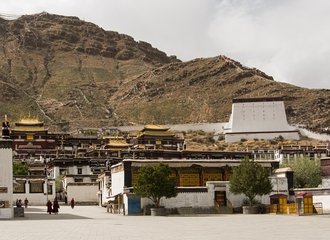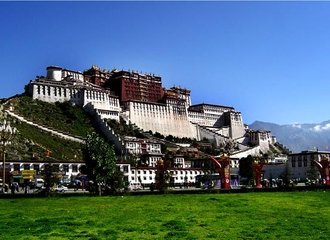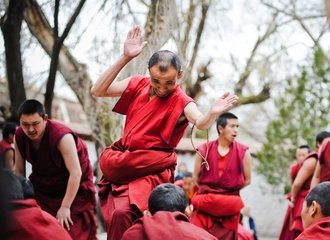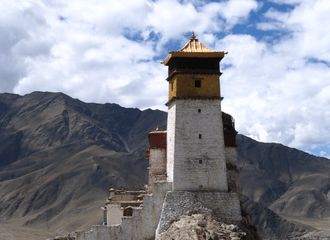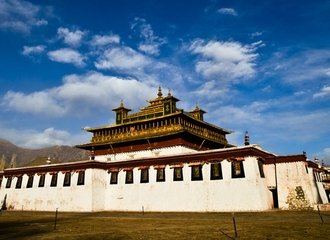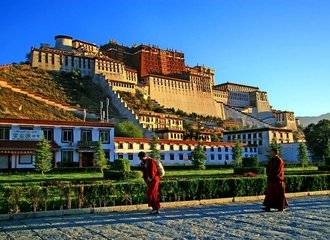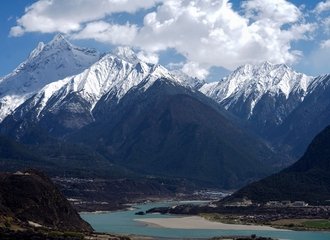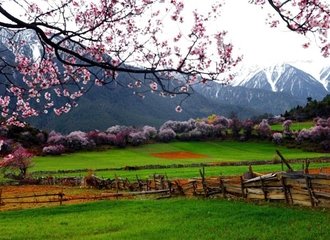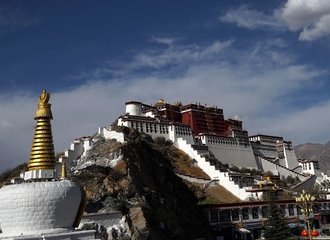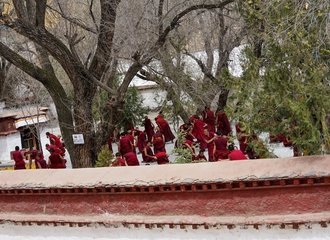Should I worry about the high altitude sickness in Jiuzhaigou?
Jiuzhaigou National Park, with its stunning turquoise lakes, cascading waterfalls, and lush forests, is a natural wonderland that beckons travelers from around the world. Nestled in the heart of Sichuan province in China, this UNESCO World Heritage site is renowned for its breathtaking beauty. However, for those planning a visit to Jiuzhaigou, there's a common concern: "Should I worry about high altitude sickness?" Fortunately, Jiuzhaigou's altitude is not a significant cause for concern for most travelers.
Altitude in Jiuzhaigou
Jiuzhaigou National Park is situated at an average altitude of approximately 2,500 meters (8,202 feet) above sea level. While this is higher than many places around the world, it does not classify as an alpine or extremely high-altitude destination. In comparison, destinations like Tibet, Lhasa, and Mount Everest Base Camp are situated at much higher altitudes, where travelers are more susceptible to altitude-related issues.
Understanding High Altitude Sickness
High altitude sickness, also known as acute mountain sickness (AMS), occurs when the body struggles to adapt to lower oxygen levels at higher elevations. Common symptoms of AMS include headaches, dizziness, nausea, fatigue, shortness of breath, and difficulty sleeping. Severe forms of AMS can lead to high altitude cerebral edema (HACE) and high altitude pulmonary edema (HAPE), which are rare but potentially life-threatening conditions.
Jiuzhaigou's Altitude and AMS Risk
The good news for travelers to Jiuzhaigou is that its moderate altitude of 2,500 meters is typically not associated with a high risk of AMS. Most individuals can comfortably visit and explore the park without experiencing symptoms of high altitude sickness.
However, it's essential to note that individual responses to high altitudes vary. Some people are more susceptible to AMS than others, regardless of their age, fitness level, or previous high-altitude experience. Therefore, while the altitude in Jiuzhaigou is not a major concern for most visitors, it's still possible for some individuals to experience mild AMS symptoms.
Precautions and Considerations
If you are planning a trip to Jiuzhaigou and have concerns about high altitude sickness, there are several precautions and considerations to keep in mind:
Consult Your Doctor: If you have underlying health conditions or are unsure about your physical readiness for higher altitudes, it's advisable to consult your doctor before your trip. They can provide professional advice and recommend any necessary precautions or medications.
Stay Hydrated: Dehydration can exacerbate AMS symptoms. Be sure to drink plenty of water throughout your visit to Jiuzhaigou, especially if you plan to engage in physical activities like hiking.
Avoid Strenuous Activities: While Jiuzhaigou offers plenty of opportunities for hiking and exploration, it's wise to avoid overly strenuous activities, especially on your first day of arrival. Allow your body time to acclimatize to the altitude.
Listen to Your Body: Pay attention to how you feel. If you experience symptoms like headache or dizziness, take it as a sign to rest, drink water, and allow your body to adjust.
Medications: Some travelers, upon the advice of their doctors, may choose to take medications like acetazolamide (Diamox) as a preventive measure against AMS. Discuss this option with your healthcare provider.
Gradual Ascent: If you are traveling to Jiuzhaigou from lower altitudes, consider taking a gradual ascent approach. Spend your first day at a lower elevation before reaching Jiuzhaigou to help with acclimatization.
In conclusion, while Jiuzhaigou National Park boasts a moderate altitude, most travelers should not worry about high altitude sickness when visiting. With an average altitude of 2,500 meters, Jiuzhaigou does not belong to alpine areas, and the majority of visitors will not experience uncomfortable symptoms of AMS. However, individual responses to altitude can vary, so it's always a good idea to be aware of the potential for AMS and take appropriate precautions if needed. If you have any concerns about your health and high altitude, consulting your doctor before your trip is a prudent step to ensure a safe and enjoyable visit to this natural paradise.


